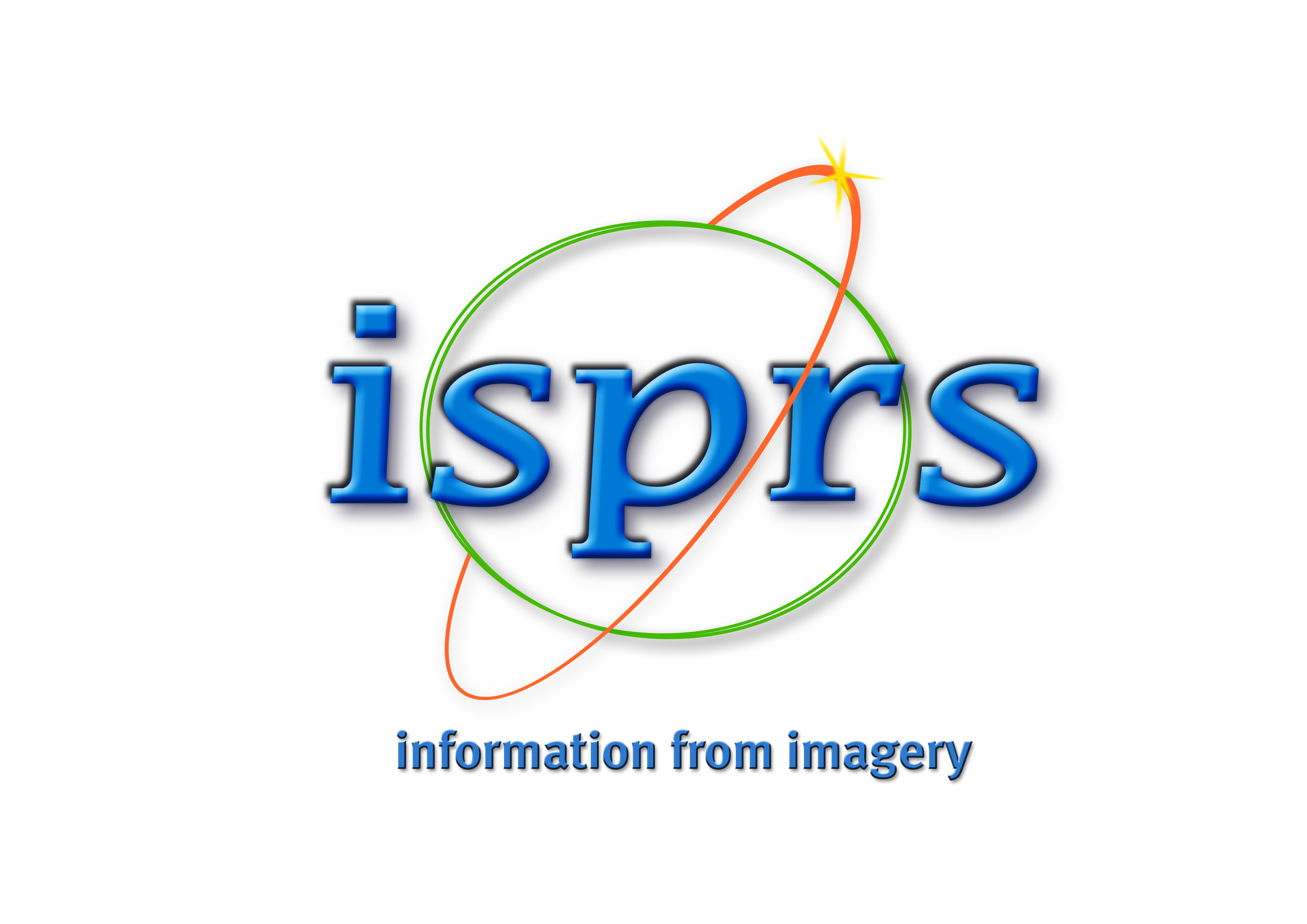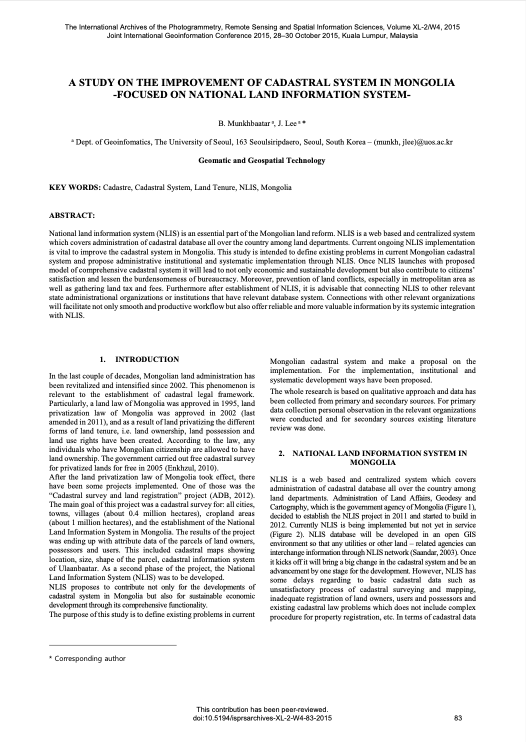Location
The International Archives of the Photogrammetry, Remote Sensing and Spatial Information Sciences (ISPRS Archives) is the series of peer-reviewed proceedings published by the International Society of Photogrammetry and Remote Sensing (ISPRS). In the early years of the Society, Archive Volumes were published independent of Congress or Technical Commission Symposia.
Since Volume XXXII-3/W14, 1999, the Archives are open access publications, they are published under the Creative Common Attribution 3.0 (4.0 since June 2017) License, see publications.copernicus.org/for_authors/license_and_copyright.html for details.
The publication costs for each Archives volume are settled through the corresponding conference. Therefore, authors do not have to pay article processing charges.
The Archives are listed in the ISI Conference Proceedings Citation Index (CPCI) of the Web of Science, SCOPUS, the E/I Compendex, and the Directory of Open Access Journals (DOAJ).
Members:
Resources
Displaying 1 - 1 of 1A Study on the Improvement of Cadastral System in Mongolia -Focused on National Land Information System
National land information system (NLIS) is an essential part of the Mongolian land reform. NLIS is a web based and centralized system which covers administration of cadastral database all over the country among land departments. Current ongoing NLIS implementation is vital to improve the cadastral system in Mongolia. This study is intended to define existing problems in current Mongolian cadastral system and propose administrative institutional and systematic implementation through NLIS.


